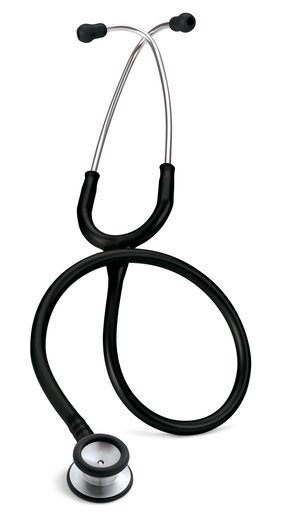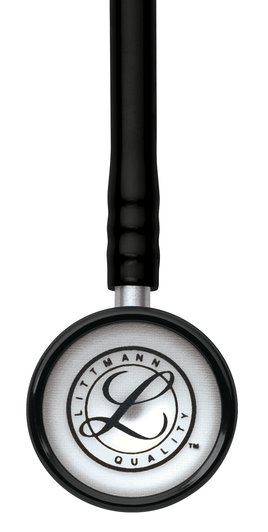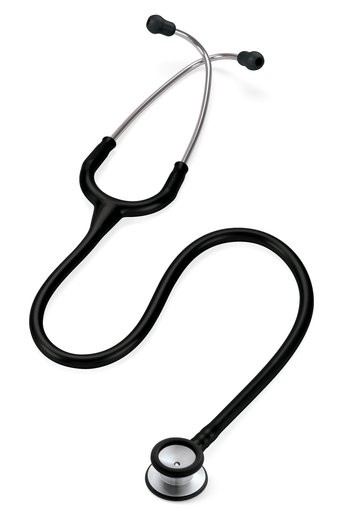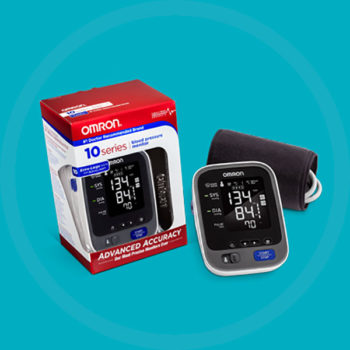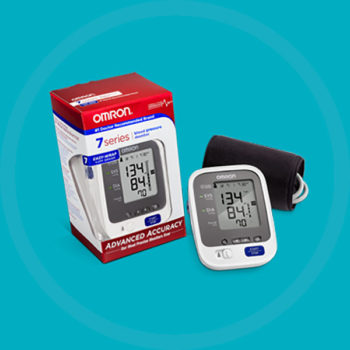- Dual-sided chestpiece with small 3.3cm diaphragm is ideal for pediatric patients.
- Versatile chestpiece design provides high acoustic sensitivity with both a floating diaphragm and open bell.
- Non-chill rim and diaphragm provide patient comfort.
- Soft-sealing eartips provide an excellent acoustic seal and comfortable fit.
- Headset is easily adjusted for individual fit and comfort. Angled eartubes align with ear canals.
The 3M™ Littmann® Classic II Pediatric Stethoscope is based on the proven design of Littmann Classic stethoscopes. It’s a dependable, hard-working clinical tool for physical assessment, monitoring, and diagnosis of smaller patients.
The 3M™ Littmann® Classic II Pediatric Stethoscope is specially designed for use on smaller patients. It delivers high acoustic sensitivity, through its dual-sided chestpiece, for both high and low frequency sounds. It is used by medical professionals and students alike to identify, listen to, and study heart, lung, and other body sounds for physical assessment and diagnosis in pediatric patients.
Headset tension is easily adjusted for head size and comfort by squeezing together or pulling apart the eartubes. Snap-tight, soft-sealing eartips conform to individual ears for an excellent acoustic seal and comfortable fit. Eartips snap firmly onto the ends of the eartubes and, for safety, require a significant effort to remove.
Resilient next-generation tubing retains its shape and flexibility even after folding tightly into a pocket. It provides longer stethoscope life due to improved resistance to skin oils and alcohol, and is less likely to pick up stains. Next-generation tubing is not made with natural rubber latex, a benefit to sensitive medical professionals and their patients. And, to play its part in the protection of human health and the environment, the next-generation tubing does not contain phthalate plasticizers.
The Classic II Pediatric stethoscope is made in the USA for consistent quality. It comes complete with large soft-sealing eartips, large firm eartips, and instructions.
Suggested Applications
- Used as a diagnostic aid as part of the physical assessment of a patient. Ideally suited for any pediatric specialists

